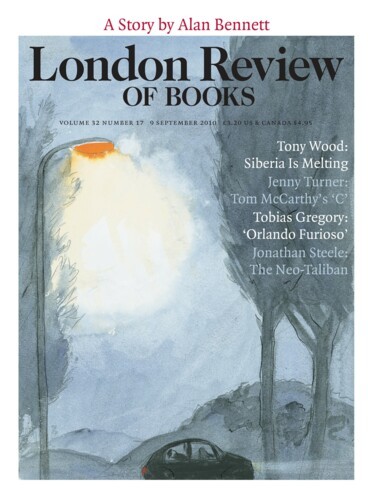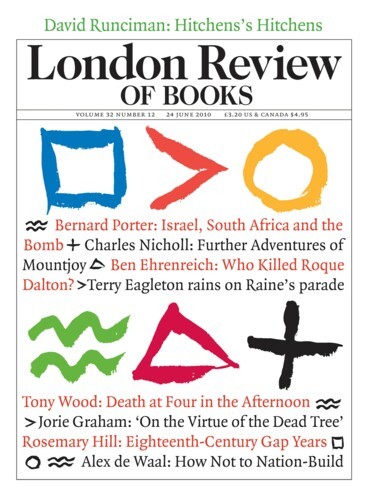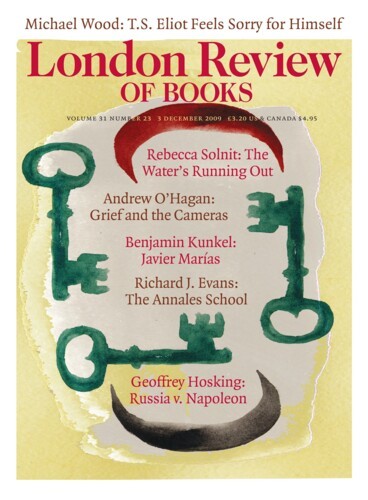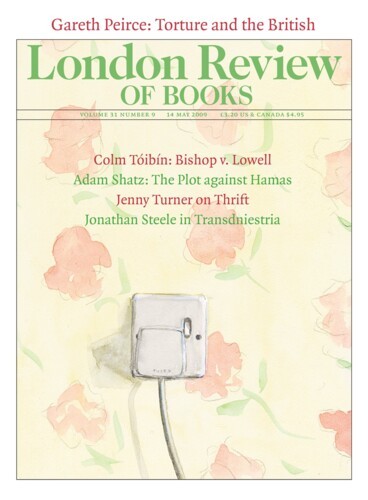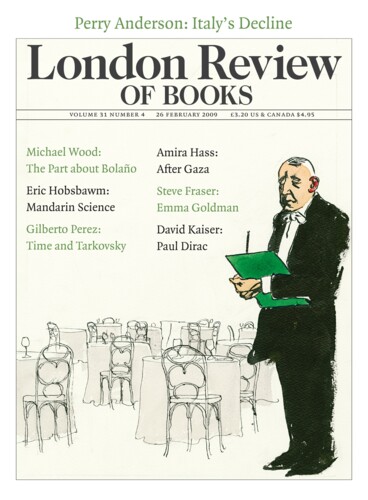Frozenology: Siberia is Melting
Tony Wood, 9 September 2010
The corridor we are standing in bristles with ice. Thick layers of what turn out, on closer inspection, to be delicate, hexagonal crystals line the walls and ceiling. I and a handful of other visitors are in the basement laboratory of the Permafrost Institute in Yakutsk; according to the red numbers of an LED panel, the temperature is −8 °C. After a few minutes, our presence – breathing, talking – has raised the temperature to −7 °C, and we are ushered back to the surface, where it is 35 °C, a day of dazzling Arctic sunshine and heat that makes the skin prickle. Here, as elsewhere in Russia, it has been a searing summer, turning large swathes of the landscape into kindling. The apocalyptic scenes in European Russia – thousands burned out of their homes, millions of hectares of crops destroyed, Moscow wreathed in smoke from smouldering peat bogs – have dominated news reports. But vast areas of the Far Eastern Federal District were damaged too.
